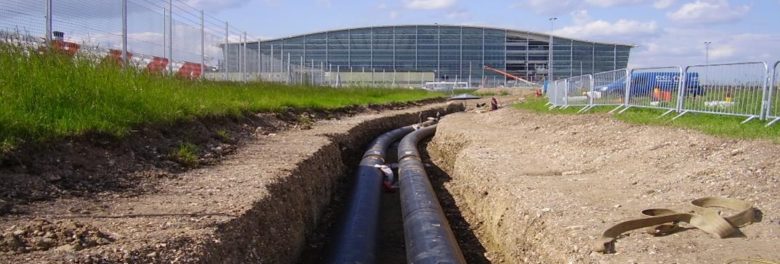
Regulation of Heat Networks is on the horizon. The responsibilities to be imposed on developers and operators do not appear too onerous but may introduce mandatory technical standards. Proposals now under consultation aim to attract investors and reduce capital and operational costs. There will be a greater onus on new developments to connect to heat networks, but developers will have new statutory rights, including easements and access to roadways, which will lessen their financial burden.
The regulation is proposed to outline responsibilities but will not generally impose prescriptive rules. The intention is to implement a regulatory framework that is flexible based on the ability of an operator to deliver certain outcomes. For example, minimum customer service standards, most of which are being delivered by housing developers already.
One area where a prescriptive approach is proposed is the introduction of mandatory technical standards for design, installation and operation to ensure heat networks are developed to a high quality. Options for delivery of this are to: (1) adopt the CIBSE Heat Network Code of Practice; (2) Development of Publicly Available Specification (PAS); or (3) Provision of a British Standard.
Size of networks will be considered in order to not impose obligations that could render smaller networks unviable or adversely impact costs to end users. Fairness, transparency and standardisation are the key themes being highlighted.
In terms of heat pricing, transparency is proposed but there are no plans to restrict investment from Energy Service Companies (ESCOs) subject to achieving the transparency and reasonable heat charges.
Posted on April 3rd, 2020
Author: Carlyne Parillon
Related services: O&M Tendering & Tariff Modelling, Masterplanning & Strategy, Design Stage, Construction Stage, Heat Network Performance Evaluation,